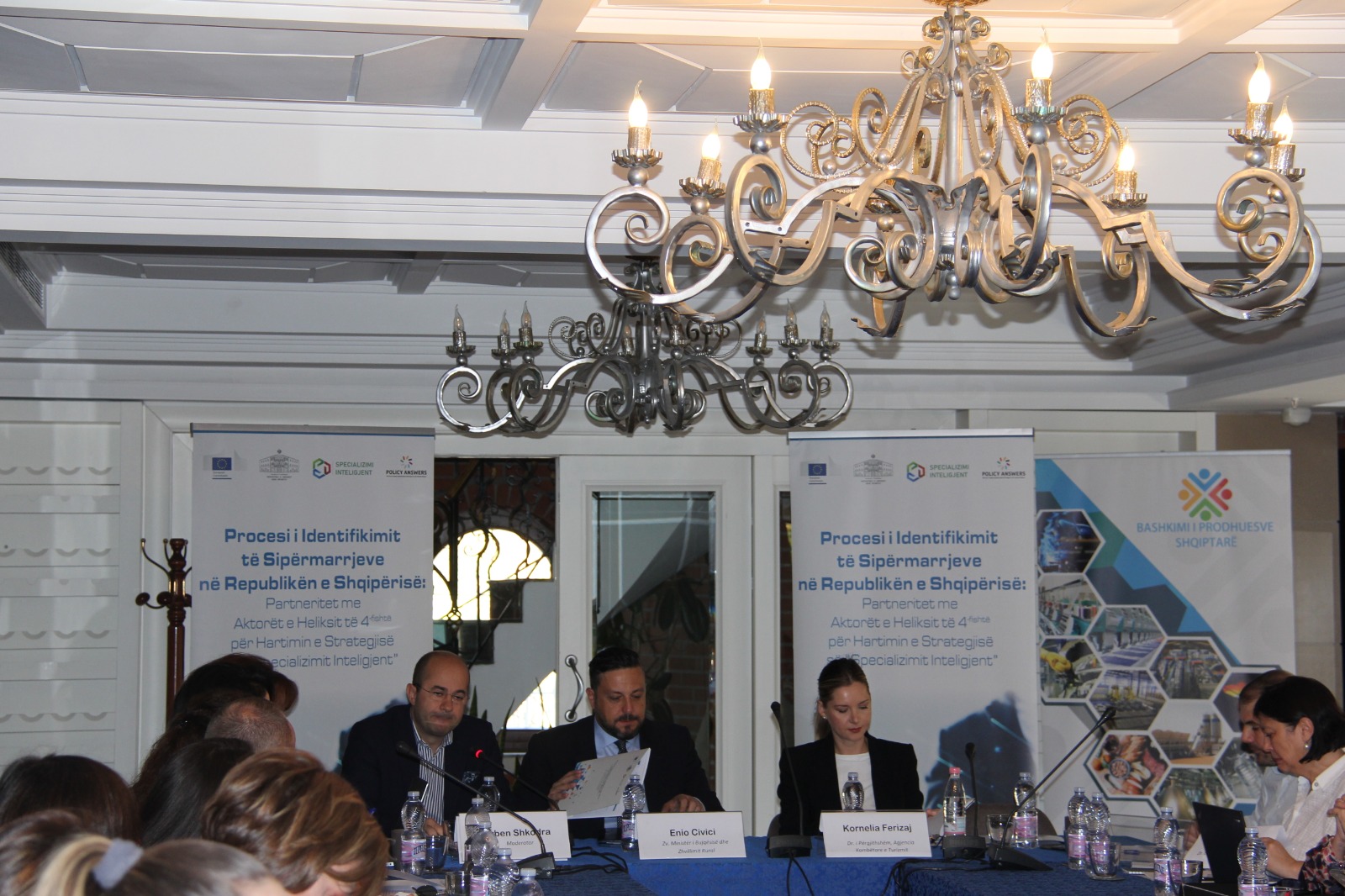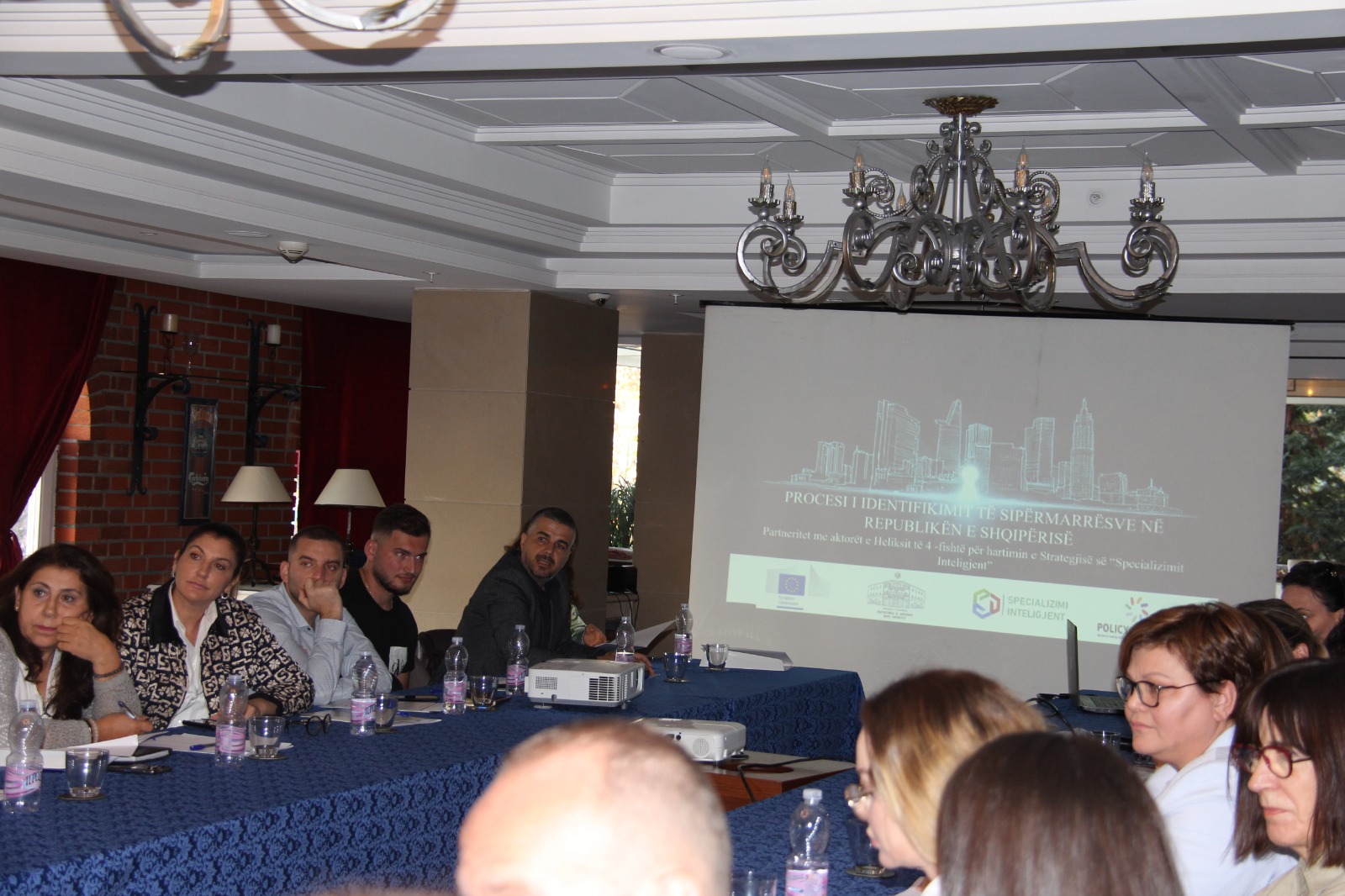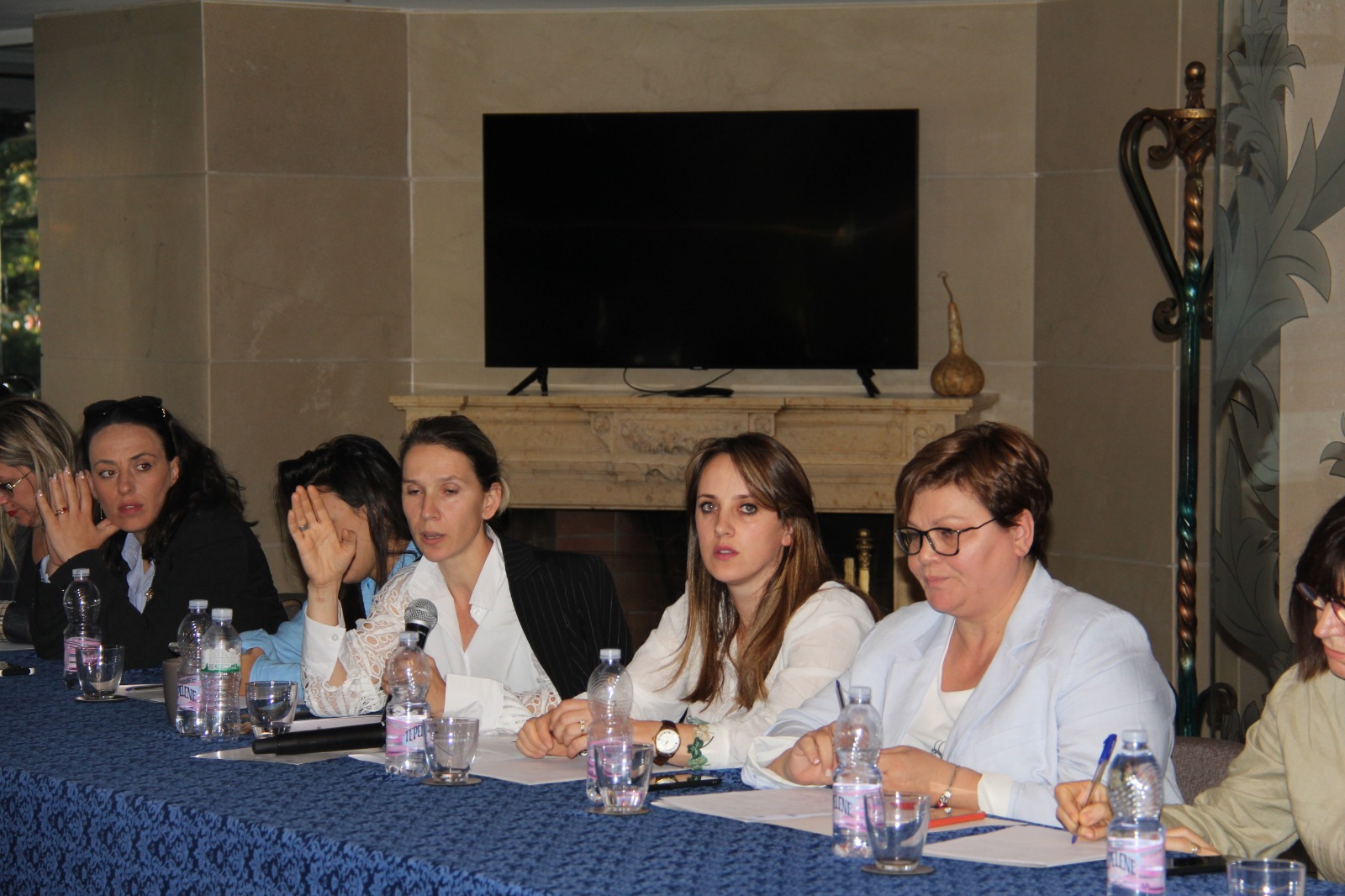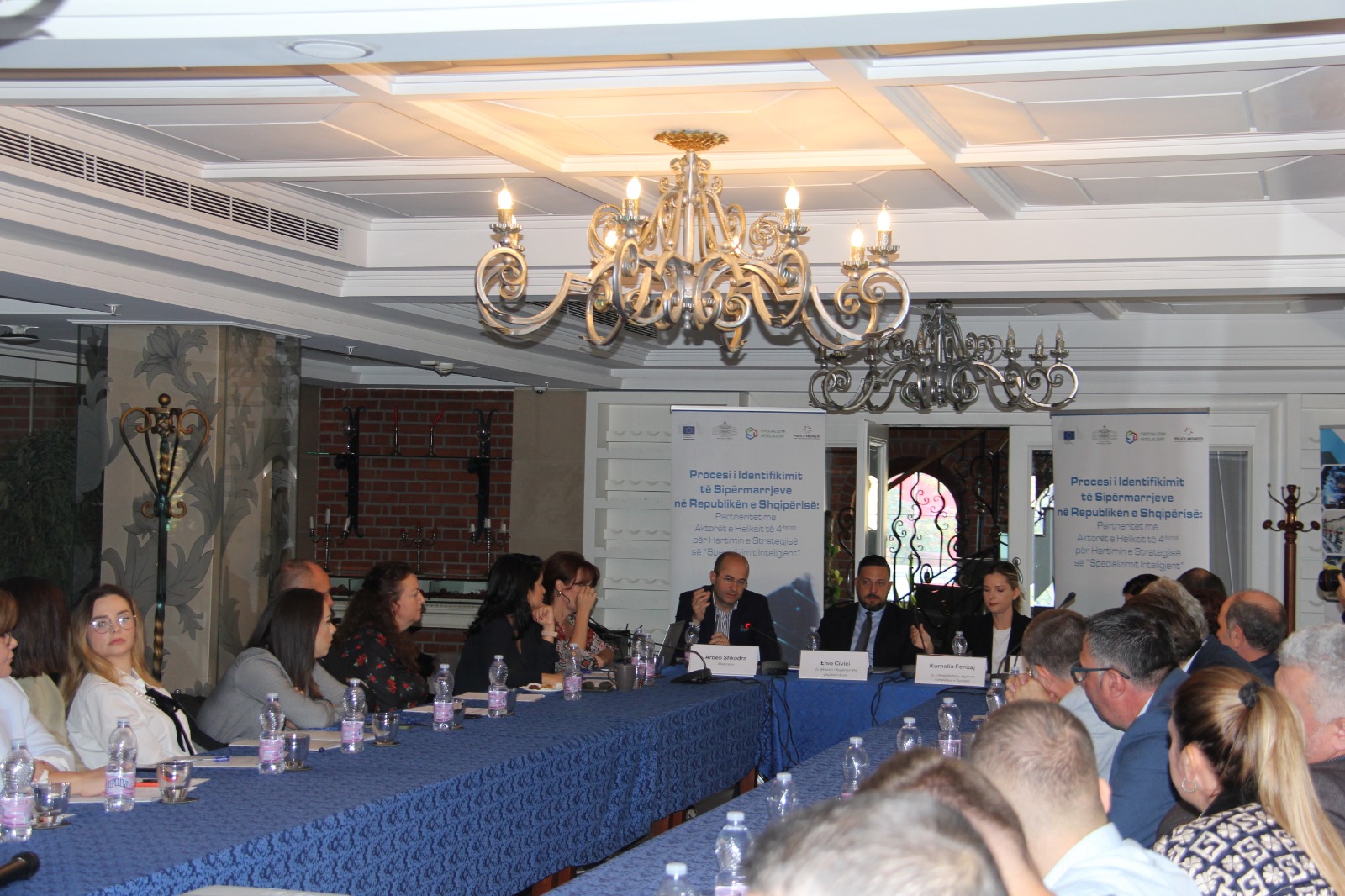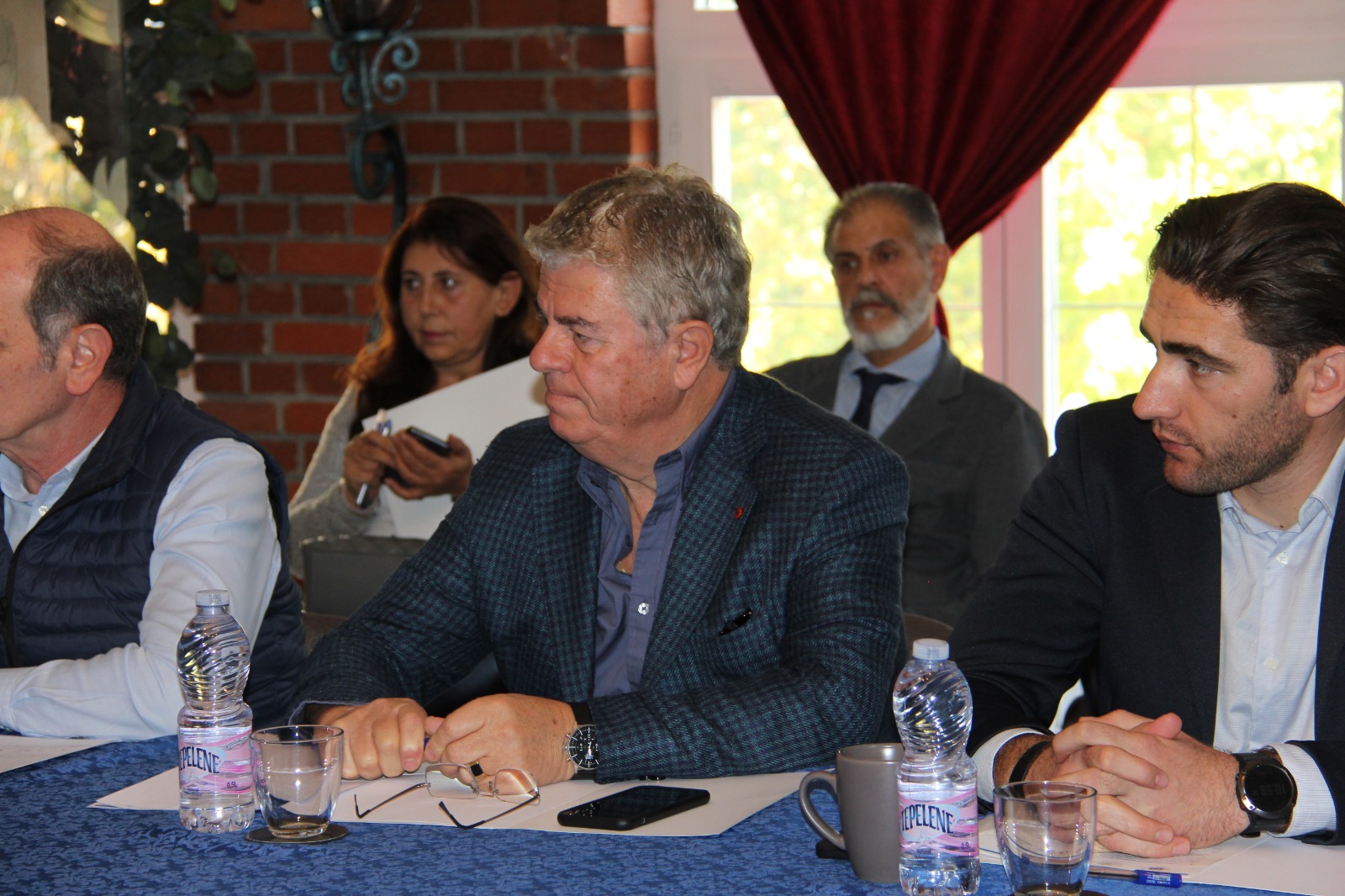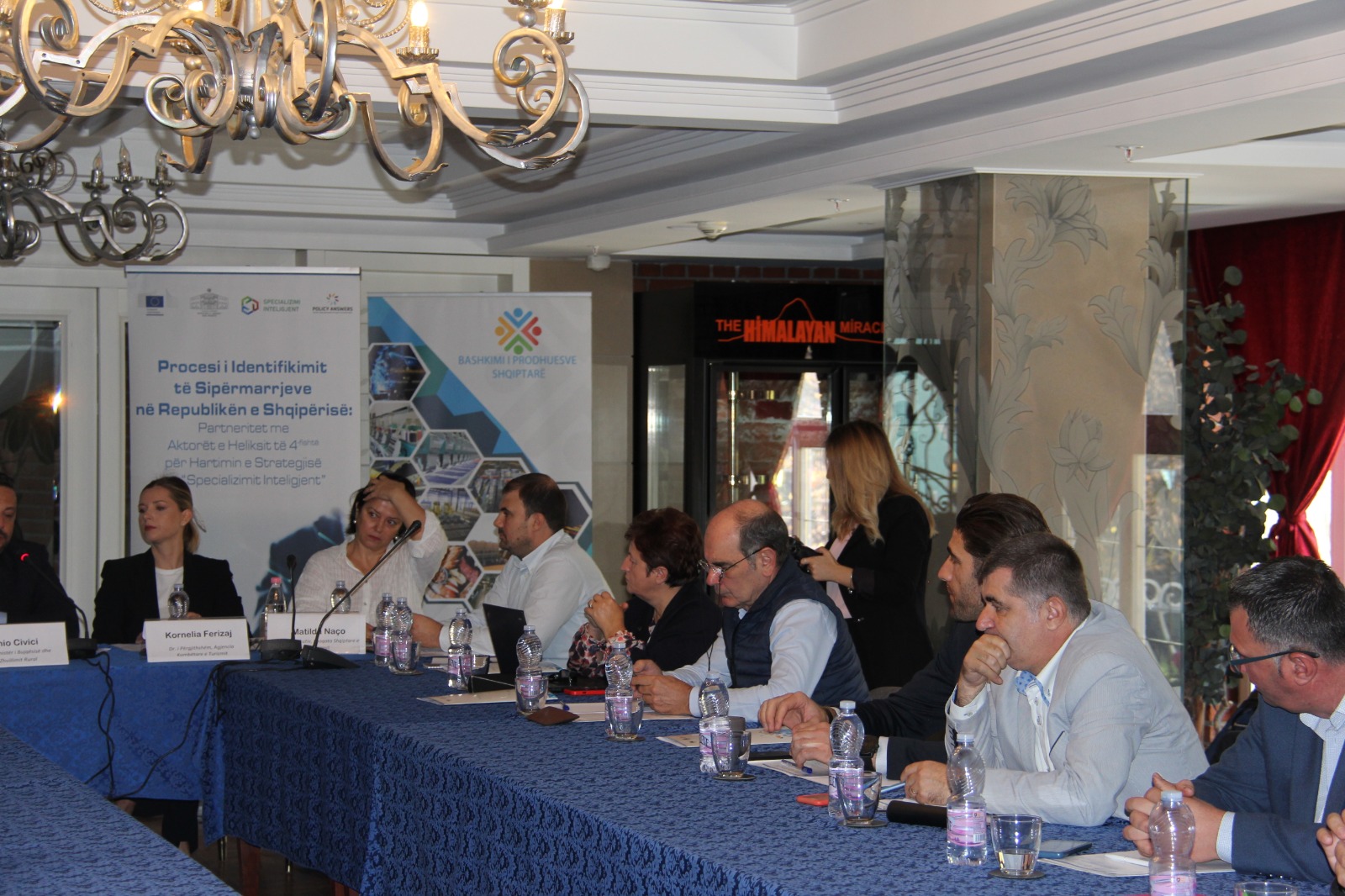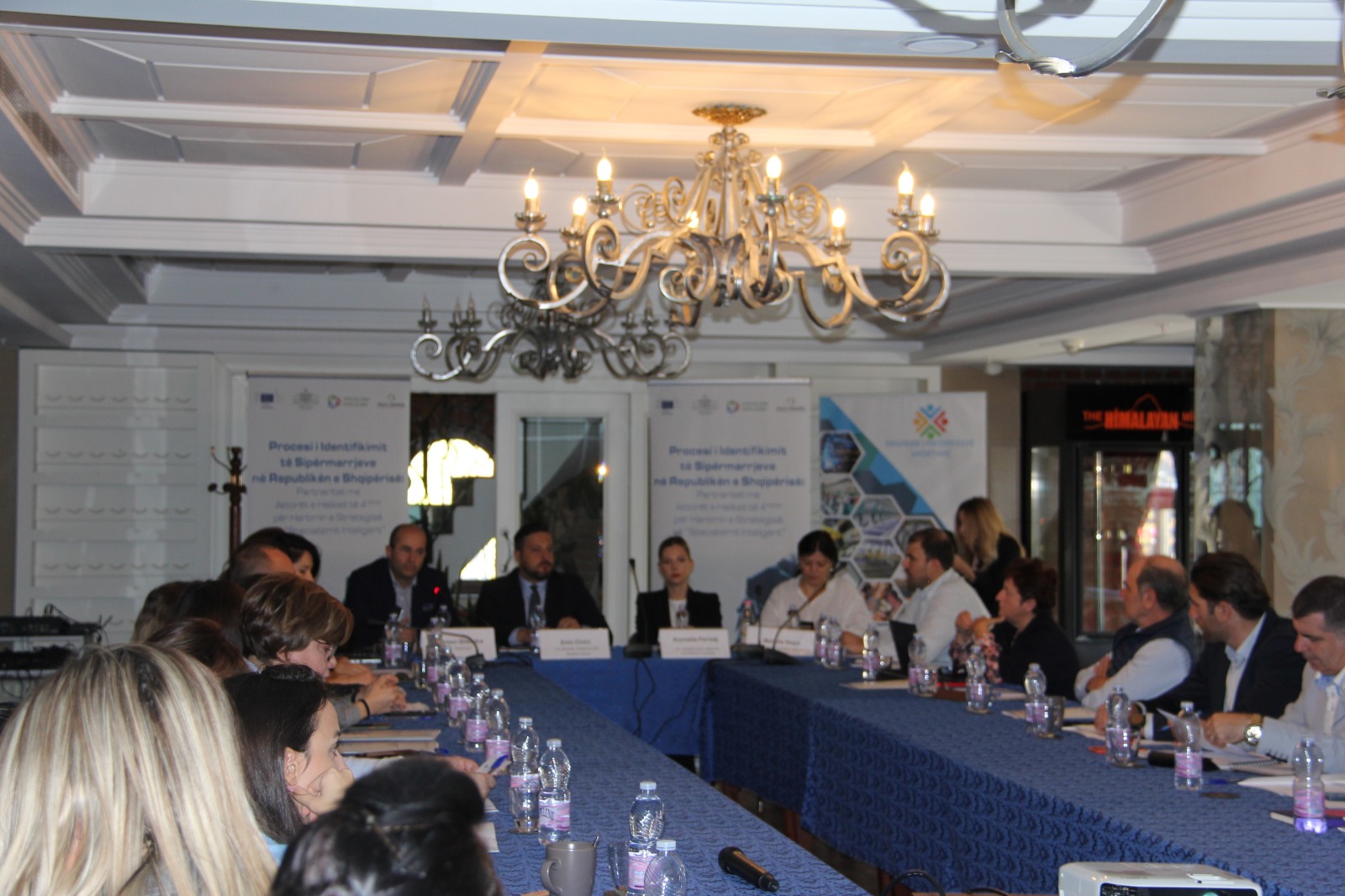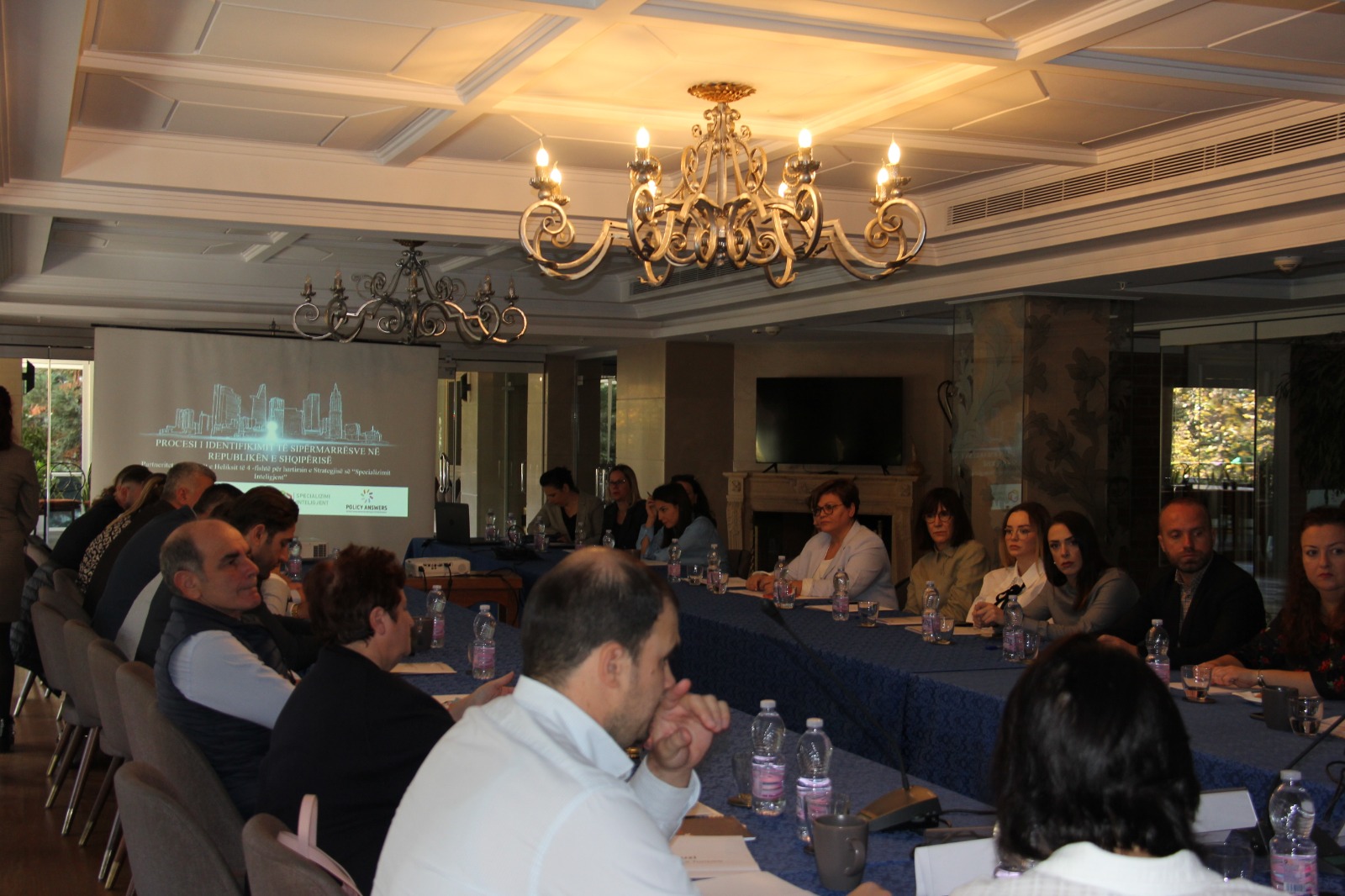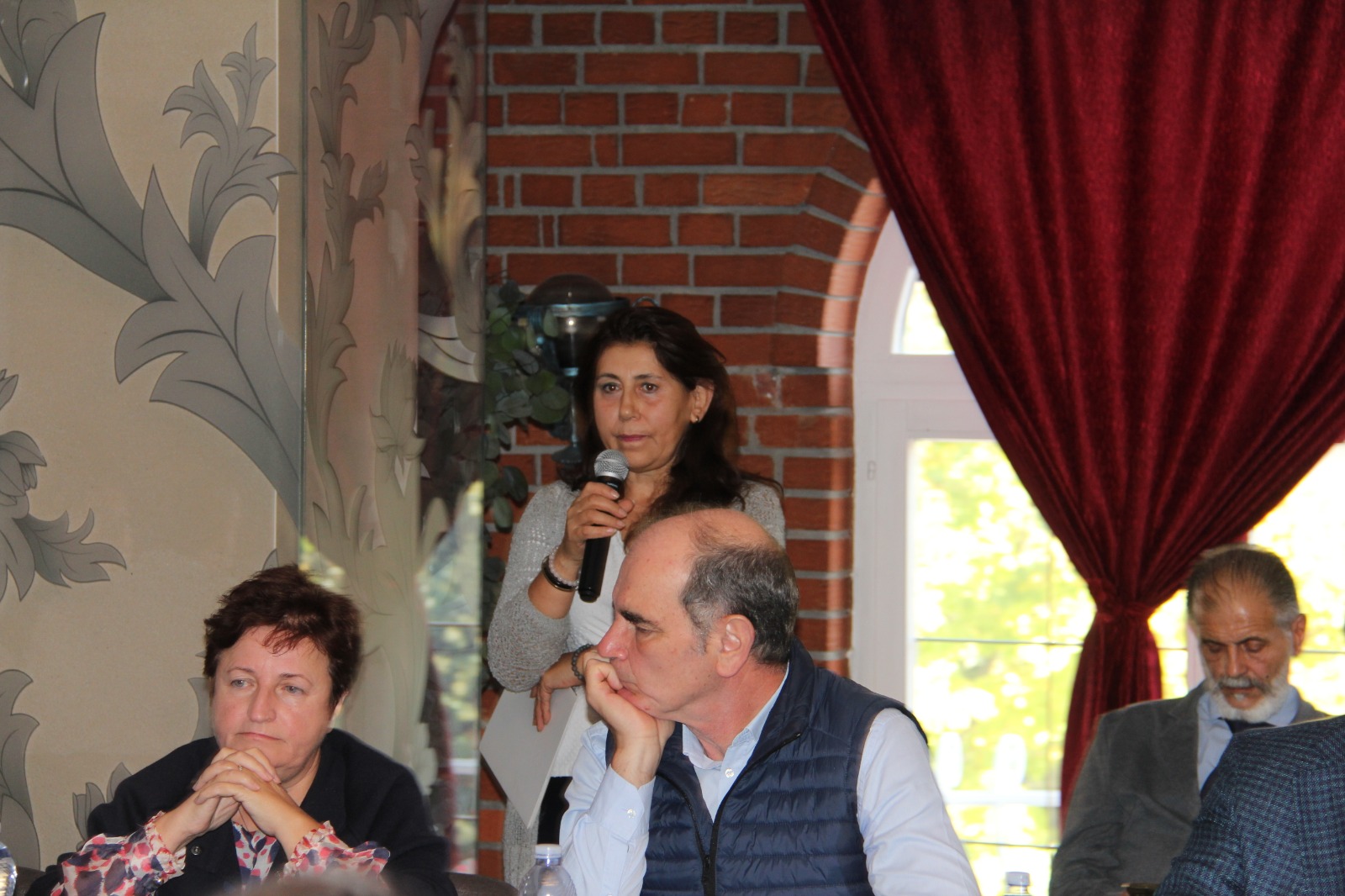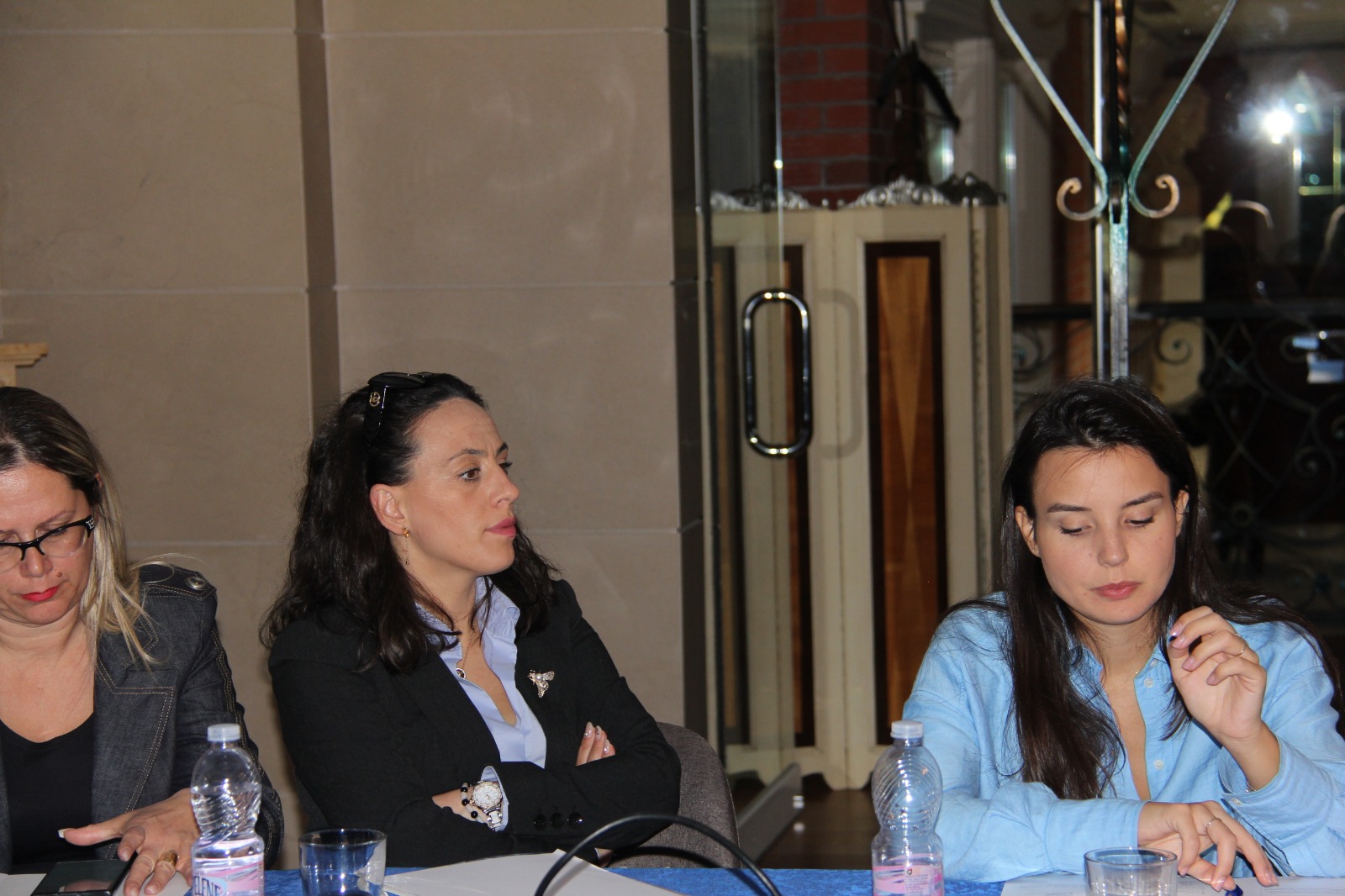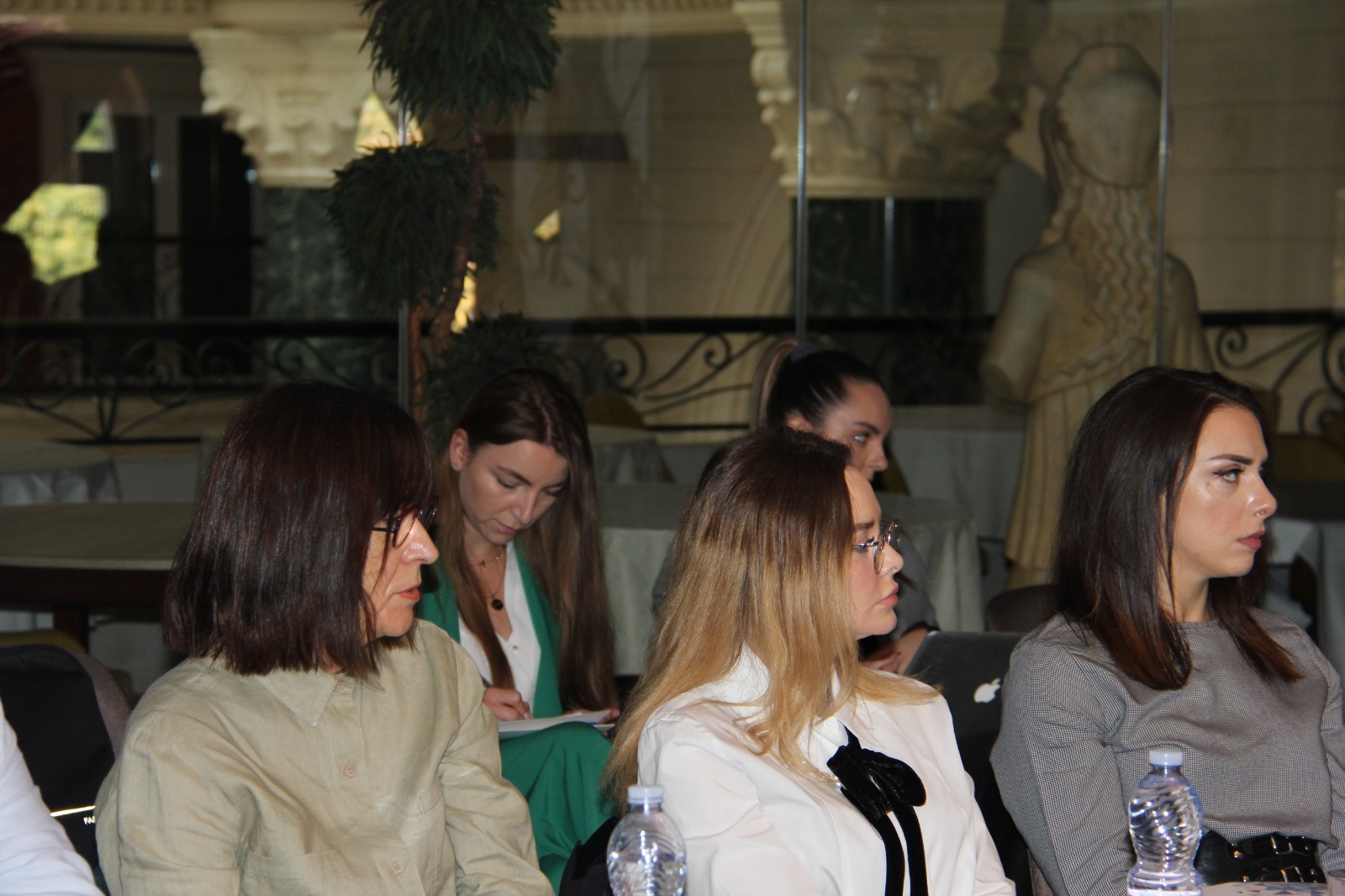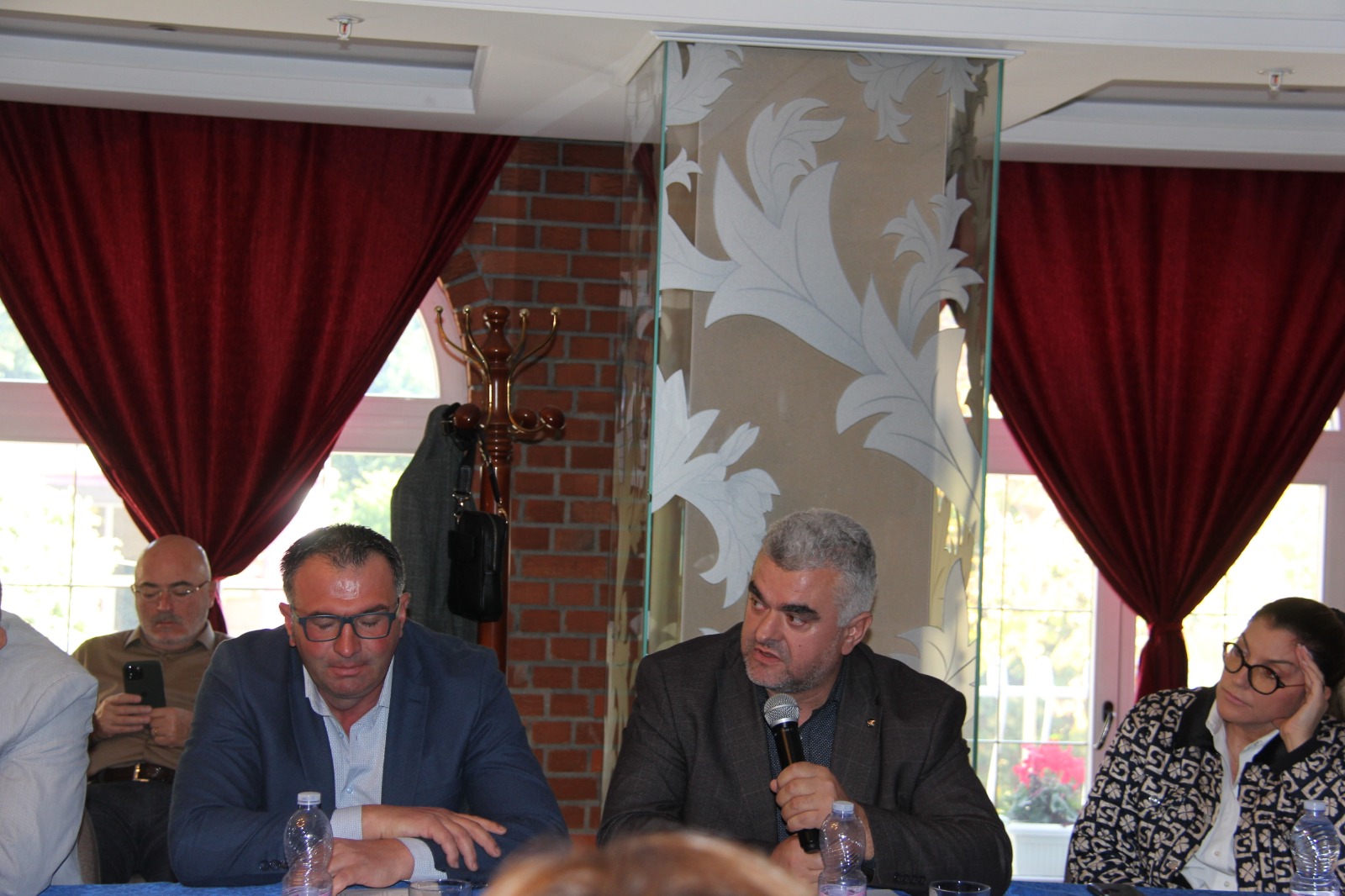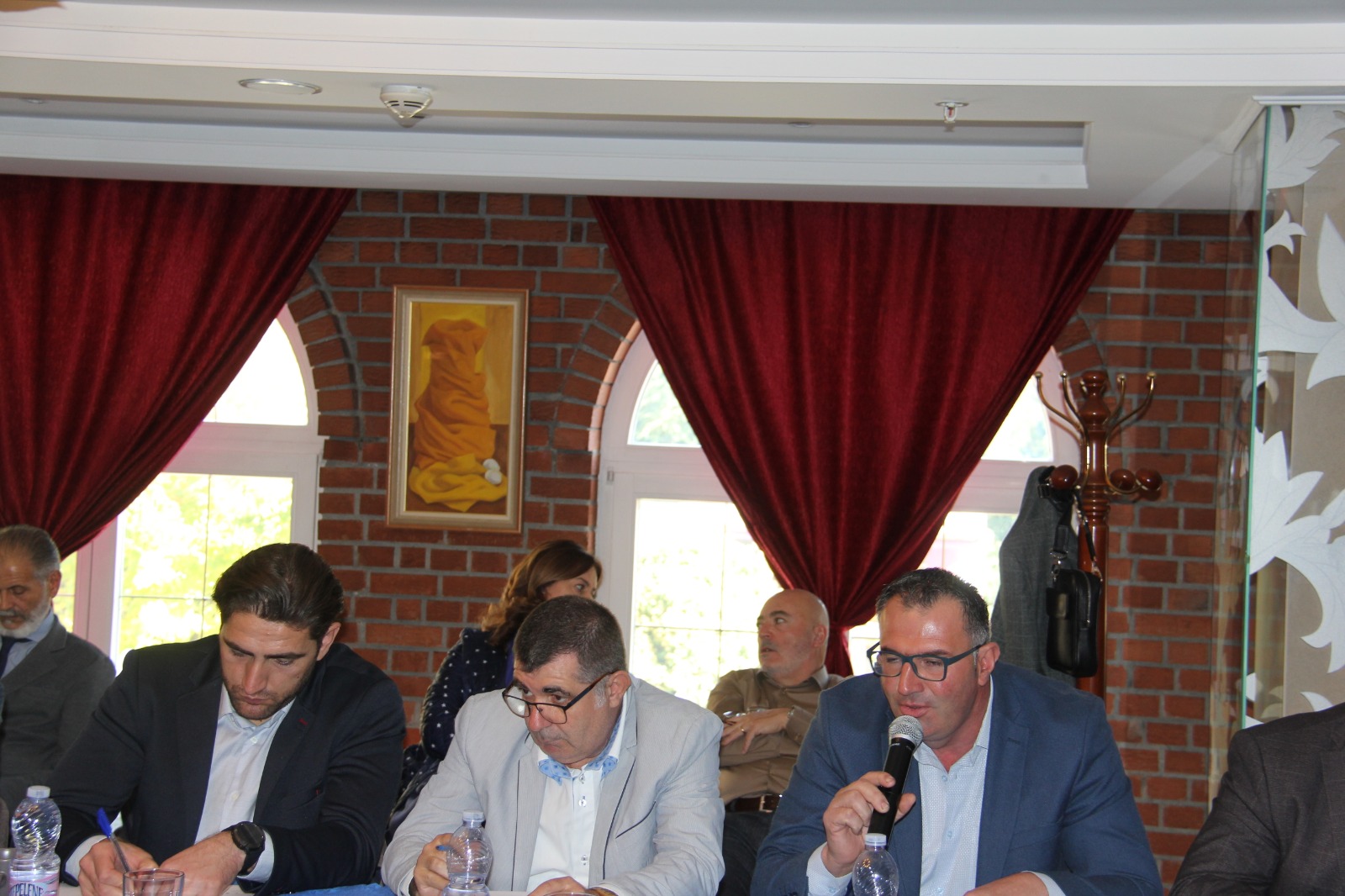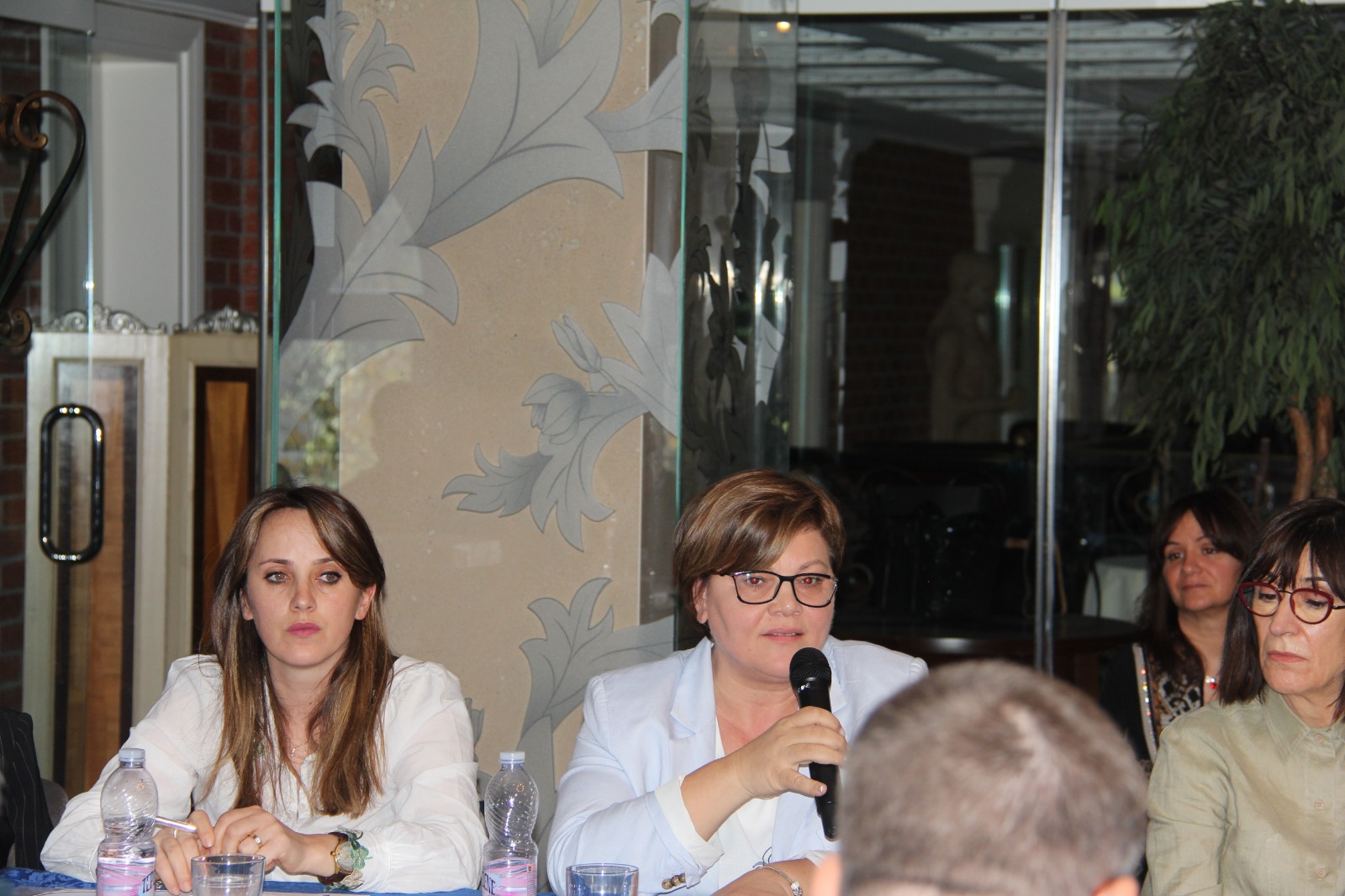Tourism is identified as a priority area with innovative potential for the economy within the framework of the Smart Specialization Strategy (S3) in Albania. The development of S3 is part of Albania's commitments related to the EU accession negotiation process, specifically Chapter 20 "Enterprises and Industrial Policies" and Chapter 25 "Science and Research." It is also part of the Western Balkans Action Plan 2021-2024 within the framework of the Berlin Process and a component of the EU's innovation agenda for the Western Balkans 2021-2027.
In this context, the National S3 Team, with the support of the Union of Albanian Producers, organized a roundtable discussion on agritourism on November 3, 2022, at the premises of Hotel Xheko Imperial, following the methodology of the Joint Research Center (JRC) of the European Commission.
Approximately 35 representatives from state institutions, academia, businesses, and civil society participated in this event. Participants discussed the sector's needs and opportunities for harnessing its full potential in terms of intelligent development in agritourism.
The meeting began with welcoming remarks from three panel members: Mr. Enio Civici, Deputy Minister of Agriculture and Rural Development; Ms. Kornelia Ferizaj, Director-General of the National Tourism Agency; and Ms. Matilda Naco, Executive Director of the Albanian Tourism Association, who shared their valuable experiences with the attendees. Mr. Arben Shkodra, the Secretary-General of the Union of Albanian Producers and a member of the National S3 Team, guided the discussion among the participants.
This meeting was organized in two parts. During the first session, the participants engaged in a discussion format to address the challenges, opportunities, and perspectives for the sector. In the second session, they analyzed the path toward smart specialization in agritourism. At the conclusion of the roundtable, the participants provided their insights regarding the strategic measures necessary to fully utilize the sector's potential, with a focus on promoting innovation and scientific research.
During the discussions, the participants highlighted, among other things:
- The prioritization of the agritourism sector and the effectiveness of policies supporting agritourism;
- The increasing demand for human resources;
- Sectoral issues, including emigration, demographic migration trends, brain drain, and the need to enhance competitiveness in the market;
- Scientific research, the performance of universities and research institutes in the country, adapting their curricula to market needs;
- The importance of cooperation among stakeholders in the quadruple helix, within the framework of formulating intelligent strategies and policies.
The conclusions drawn from cross-sectoral cooperation and networking with key actors will serve as the basis for a national workshop in the field of tourism.





